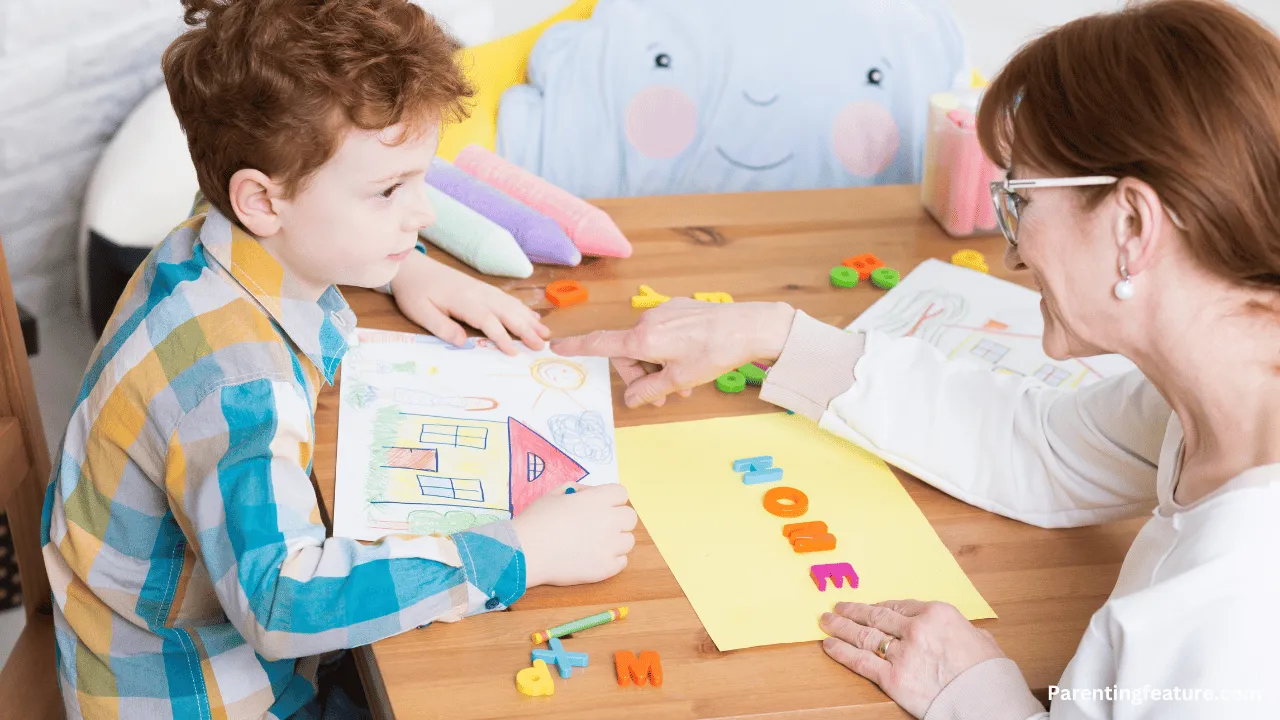The journey of parenting, rich in its complexity and diversity, presents a universal challenge: fostering good behavior in our children. The significance of instilling such virtues extends beyond mere discipline; it is about nurturing a child’s social skills, self-esteem, and academic prowess.
Similarly, for the family, good behavior acts as a cornerstone for a less stressful and more harmonious household. However, it’s crucial to acknowledge that parenting has no one-size-fits-all method.
The right balance requires a keen understanding of our child’s age, temperament, and unique needs. Embracing this tailored approach paves the way for adopting effective strategies that resonate with both the child and the family dynamics.
Building a Strong Foundation
The power of positive reinforcement overshadows the traditional reliance on punitive measures. Children, in their inherent nature, thrive on praise and positive attention.
By acknowledging and reinforcing their good choices, we encourage a cycle of positive behavior that fosters internal motivation and self-approval.
Connection and Trust
The secure attachment with their parents lies at the heart of a child’s good behavior. This bond is fortified through quality time, open communication, and a deep understanding.
This foundation of trust and connection encourages children to adopt the values and behaviors modeled by their parents.
Modeling Good Behavior
“Children are great imitators. So give them something great to imitate.” This timeless piece of wisdom underscores the importance of leading by example.
Our children mirror our behaviors—be it composure, kindness, or respect. Thus, embodying the virtues we wish to instill in them is paramount.
Also read: Fine Motor Skill Tips for Parents – Enhance Your Child’s Dexterity

Age-Specific Strategies
At this tender age, simplicity and consistency are key. Setting clear, age-appropriate expectations, positive redirection, and stable routines provide a sense of security and predictability.
Emphasizing natural consequences helps them understand the tangible outcomes of their actions, fostering an early sense of responsibility.
School-Age Children
As children navigate the school years, their capacity for collaboration and empathy blossoms. Engaging them in problem-solving, employing reward systems that value effort, and explaining logical consequences encourage a deeper understanding of personal responsibility and social harmony.
Teenagers
The teenage years are marked by a quest for independence, making negotiation and open communication vital. By offering a blend of trust and responsibility and picking battles wisely, we support their transition into adulthood while ensuring that the core values remain intact.
Also read: Stop Helicopter Parenting: Tips to Avoid Hovering
Addressing Challenging Behavior
Understanding the ‘why’ behind a child’s outburst allows for a more empathetic and effective response. Designating calm-down zones, emphasizing repair and resolution, and recognizing triggers are instrumental in addressing and mitigating challenging behaviors.
Parent self-care emerges as a critical aspect of effective parenting. Their own well-being significantly influences a caregiver’s ability to remain patient and attentive.
Furthermore, consistency across caregivers and seeking professional support when needed are essential components of a comprehensive behavioral strategy.
Conclusion
Parenting, in its essence, is a journey marked by ebbs and flows. The path is punctuated with challenges and triumphs, each serving as a stepping stone toward growth and understanding.
We navigate this journey through patience, self-compassion, and a celebration of progress, ever aiming to foster an environment where good behavior flourishes.
In doing so, we enrich our children’s lives and contribute to a legacy of kindness, resilience, and mutual respect that transcends generations.
FAQs
What are the benefits of good behavior in children?
Good behavior is associated with enhanced social skills, higher confidence, and better academic performance for the child. For the family, it leads to a reduction in stress levels and a more harmonious household environment.
Is there a one-size-fits-all approach to parenting?
No, there isn’t a single perfect parenting approach. The key is recognizing that while universal principles exist, the strategies should be tailored to fit the child’s age, temperament, and individual needs.
How can positive reinforcement benefit children?
Positive reinforcement encourages children by focusing on praise and positive attention, reinforcing good choices, and fostering internal motivation, leading to a cycle of positive behavior.
Why is a secure parent-child attachment necessary?
A secure attachment is crucial because it forms the foundation of trust and connection between the child and the parent. This bond encourages children to emulate their parents’ positive behaviors and feel understood and supported.
How can parents effectively model good behavior?
Parents can serve as powerful role models by embodying the qualities they wish to instill in their children, such as composure, kindness, and respect. Children learn by observation, making it essential for parents to exhibit the behaviors they want their children to adopt.
What are some age-specific strategies for fostering good behavior?
Strategies for toddlers and preschoolers include setting clear expectations, positive redirection, and consistent routines. School-aged children benefit from collaborative problem-solving and rewards that focus on effort. Teenagers require negotiation, flexibility, and open communication.








